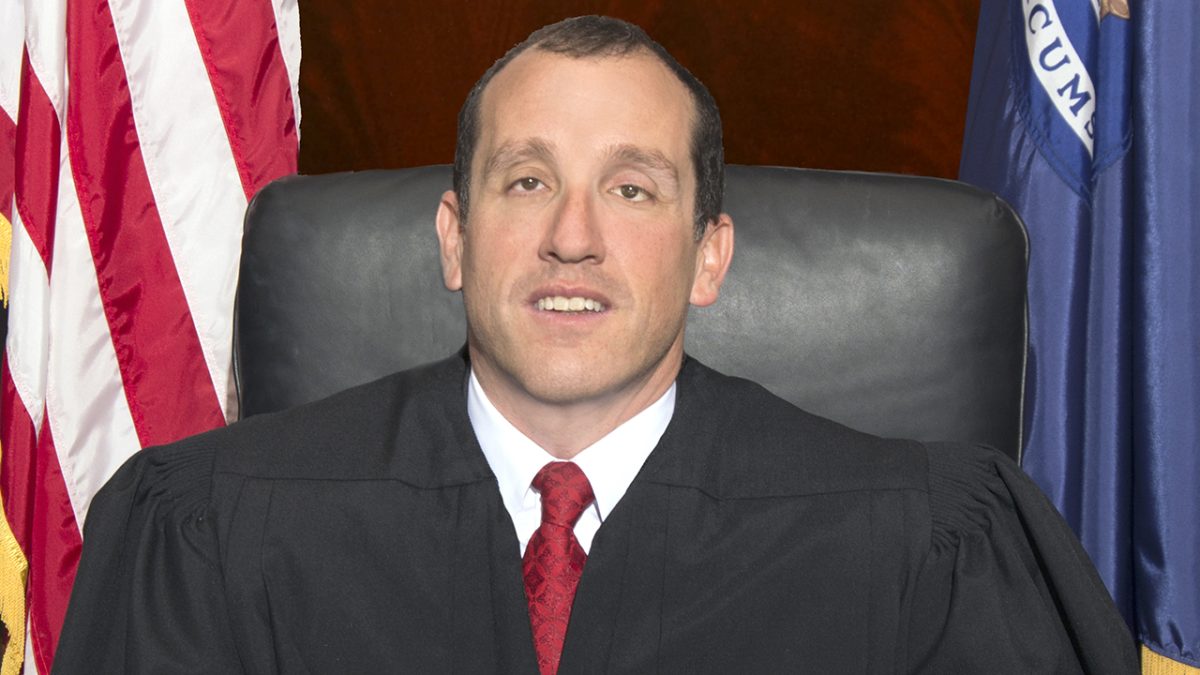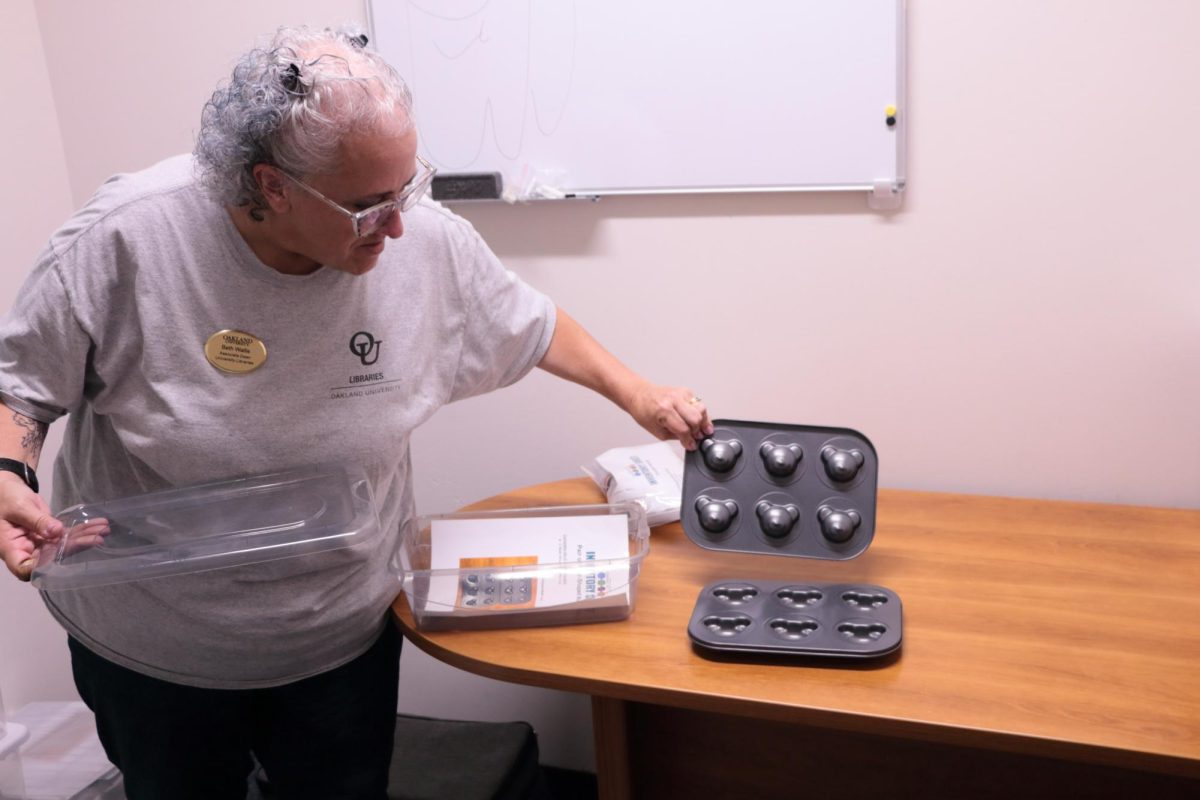On Oct. 19, the Honorable Richard Bernstein, Michigan Supreme Court Justice, was welcomed to Oakland University’s campus for a discussion entitled “Recognizing the Strengths of Disability” in celebration of Disability Awareness Month. Justice Bernstein, a longtime advocate for disability rights, is the first and only blind justice to serve on the Michigan Supreme Court.
Bernstein began the event by addressing why disability matters through a passionate speech.
“Everyone always has the question, ‘Why does disability matter?’” Bernstein said. “Disability matters because it is a unifier, it brings people together.”
Bernstein pointed out that empowering people with disabilities can aid them in becoming good leaders.
“The qualities that matter are a person’s experiences in life,” Bernstein said. “The ability to work through adversity to achieve your goals is highly valuable.”
Bernstein encouraged the audience to embrace their true selves.
“Embrace the challenges you are facing,” Bernstein said. “Through heightened awareness and passion, extraordinary things will happen.”
Bernstein shared he had to work much harder than his classmates as a blind college student at the University of Michigan. Bernstein relied on readers to orally recite his class material to him until he committed the information to memory.
As a justice on the Michigan Supreme Court, Bernstein uses a similar system to commit case details to memory. Luckily, technological advancements in recent years have made it possible for information to be recited through an automated system.
“I have to conduct my work a bit differently than my colleagues on the Michigan Supreme Court,” Bernstein said. “Prior to oral arguments, I fully memorize and internalize the facts of the case. When it is time for a case to be heard, one of my colleagues reads a brief description of the case so I can recall the facts of the case.”
Bernstein describes feeling he has had to work ten times harder than his peers due to his disability. Instead of feeling resentful, Bernstein believes his disability has strengthened his character and leadership abilities.
“In a biblical story, there is a great battle wherein an angel blessed Jacob and gave him a new name, Israel, which means ‘one who struggles with the creator,’” Bernstein said. “Though Jacob was left in chronic pain after his struggle in battle, he was able to become a great leader.”
To Bernstein, this story translates well to his experiences with a disability. Although Bernstein has faced barriers throughout his life because of his blindness, he has found ways to navigate through or diminish such obstacles.
As such, Bernstein has not let his disability hinder his passion for running. Bernstein has run over 20 marathons with the assistance of guide runners.
Furthermore, Bernstein has advocated for accessibility barriers to be removed in various regions and industries. For example, Bernstein led a lawsuit against the Detroit Department of Transportation for its failure to repair broken wheelchair lifts on buses. Bernstein subsequently won this ADA case.
When asked how colleges can support individuals with disabilities, Bernstein’s answer was simple.
“Just ask individuals with disabilities what they need,” Bernstein said. “Allow these students to choose their own reasonable accommodations. After all, accommodations are the great equalizer in education and everyday life.”
Bernstein was then asked how students may advocate for the removal of structural barriers that make certain spaces for students with disabilities inaccessible.
Examples of inaccessible spaces on OU’s campus were pointed out, including offices in buildings without elevator access and low-quality handicap access buttons.
Bernstein explained that, in the face of structural barriers to accessibility, it is important to get creative.
“First, work with faculty, deans and professors to seek out a creative, agreeable resolution that is beneficial to all parties involved,” Bernstein said. “The law requires that spaces be made accessible, so the problem must be fixed eventually.”
To learn more about Bernstein’s efforts to advance the rights of disabled populations in Michigan, please visit the Michigan Supreme Court Historical Society webpage.




